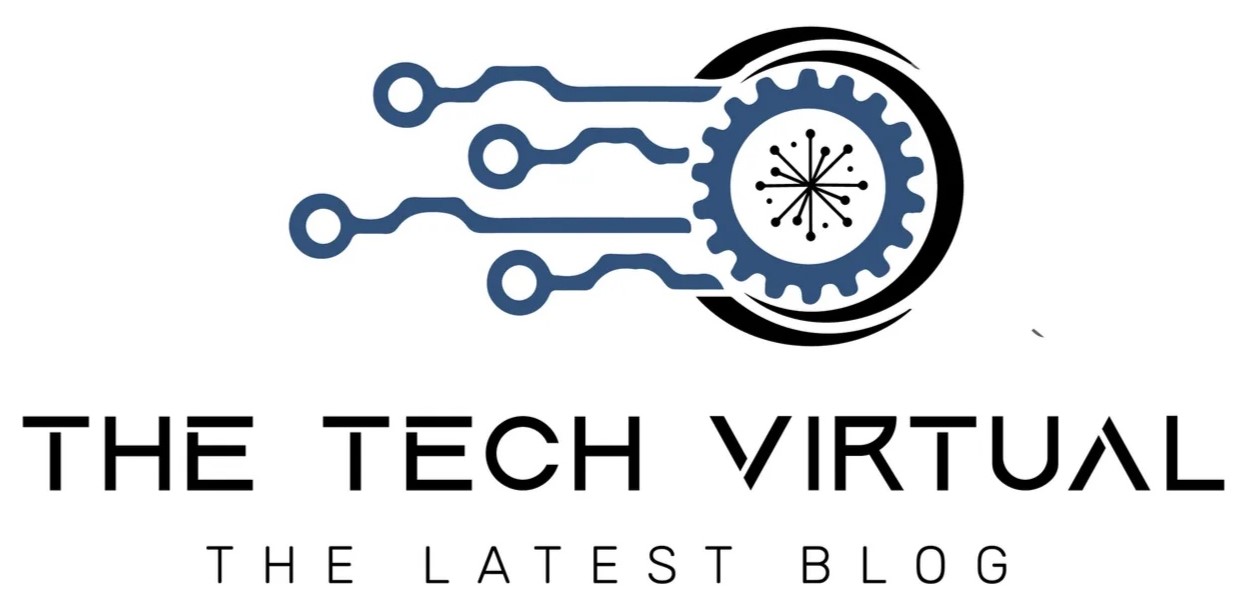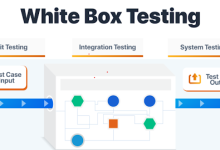Why /fc8z-_vuvcg is the Future of Technology: Exploring its Potential

Introduction
/fc8z-_vuvcg, also known as advanced automation or Industry 4.0, refers to integrating advanced technologies such as artificial intelligence, machine learning, and robotics into various industries and sectors.
This technology has the potential to revolutionize the way we work and live, and it is important to discuss its potential impact on society.
Benefits of /fc8z-_vuvcg
One of the main benefits of /fc8z-_vuvcg is increased efficiency and productivity. By automating repetitive tasks, machines can work faster and more accurately than humans, leading to increased output and reduced labor costs. Additionally, /fc8z-_vuvcg can improve accuracy and precision in tasks that require high levels of detail, such as manufacturing or medical procedures.
Another benefit of /fc8z-_vuvcg is reduced costs and waste. By optimizing processes and reducing errors, companies can save money on materials and resources. Additionally, /fc8z-_vuvcg can help reduce waste by improving quality control and minimizing defects.
Finally, /fc8z-_vuvcg can enhance safety and security in various industries. By automating dangerous or hazardous tasks, workers can avoid potential injuries or accidents. Additionally, /fc8z-_vuvcg can improve security by monitoring systems for potential threats or breaches.
Potential Applications of /fc8z-_vuvcg
/fc8z-_vuvcg has the potential to impact a wide range of industries and sectors. In manufacturing and production, it can be used to automate assembly lines and improve quality control. In healthcare and medicine, it can be used for surgical procedures or patient monitoring.
In transportation and logistics, it can be used for autonomous vehicles or route optimization. In agriculture and farming, it can be used for precision farming or crop monitoring. In construction and infrastructure, it can be used for building automation or safety monitoring.
Challenges of /fc8z-_vuvcg
Despite its potential benefits, /fc8z-_vuvcg also presents several challenges. One of the main challenges is technical limitations and complexity. Implementing advanced automation requires significant investment in technology and infrastructure, as well as skilled workers to operate and maintain the systems.
Another challenge is ethical and legal concerns. As machines become more autonomous, there are concerns about accountability and liability in the event of errors or accidents. Additionally, there are concerns about job displacement and retraining for workers who may be replaced by machines.
Finally, there are cybersecurity risks associated with /fc8z-_vuvcg. As more systems become connected and automated, there is a greater risk of cyber attacks or data breaches that could compromise sensitive information or disrupt operations.
Adoption of /fc8z-_vuvcg
Currently, the adoption of /fc8z-_vuvcg varies by industry and sector. Some industries, such as manufacturing and logistics, have been early adopters of advanced automation. However, other industries such as healthcare and agriculture have been slower to adopt due to technical limitations or regulatory barriers.
Factors influencing adoption include cost, availability of skilled workers, and regulatory requirements. Potential barriers to adoption include resistance to change, lack of understanding about the technology, and concerns about job displacement.
Impact of /fc8z-_vuvcg
The impact of /fc8z-_vuvcg can be significant across economic, social, environmental, and global dimensions. Economically, it has the potential to increase productivity and reduce costs for businesses. Socially, it could lead to job displacement and create new opportunities for workers in areas such as maintenance or programming.
Environmentally, /fc8z-_vuvcg can help reduce waste and improve sustainability by optimizing resource use. Finally, on a global scale, /fc8z-_vuvcg could lead to increased competition and innovation, as well as potential geopolitical implications.
Conclusion
In conclusion, /fc8z-_vuvcg has the potential to revolutionize the way we work and live. While it presents several challenges, its benefits in terms of efficiency, accuracy, and safety cannot be ignored.
Continued research and development is necessary to address technical limitations and ethical concerns, and businesses and policymakers must work together to ensure a smooth transition to advanced automation. Ultimately, embracing the potential of /fc8z-_vuvcg can lead to a more productive, sustainable, and innovative future.






